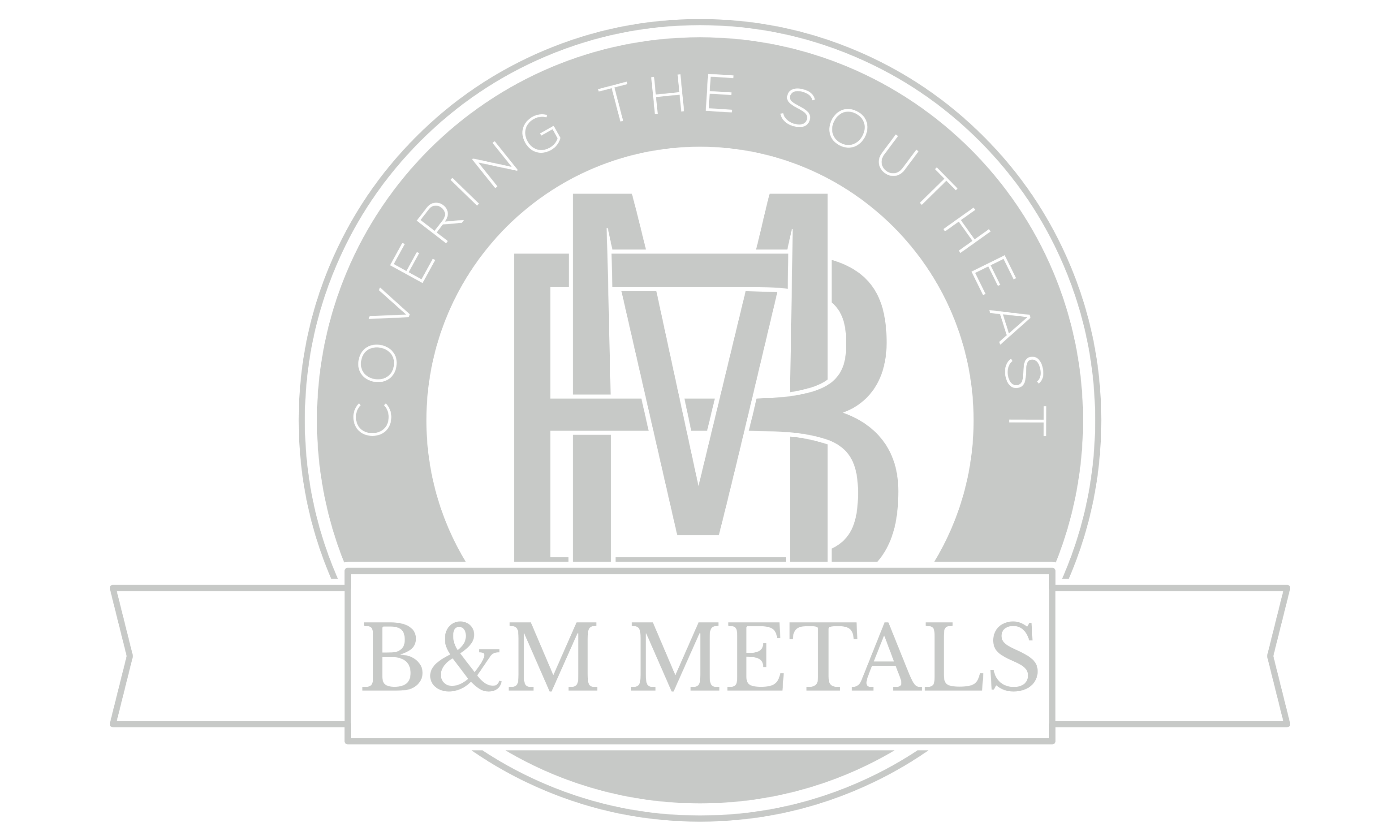Dahlonega (Sales)
Dahlonega (Sales)
Dahlonega (Plant)
Ellijay
706-864-6068
Mon - Fri 7:00 - 4:30
603 Major Abercrombie Circle, Murrayville GA 30564
Need Help - FAQ
706-864-6068 Mon - Fri 7:00 - 4:30 6195 Hwy 52 East, Murrayville GA 30564
Need Help - FAQ
706-276-1633 Mon - Fri 09:00 - 17:00 15544 Georgia 515, Ellijay GA
Need Help - FAQ
- Panels
- Buildings
- Framing
- All Products
- Gallery
- FAQ
